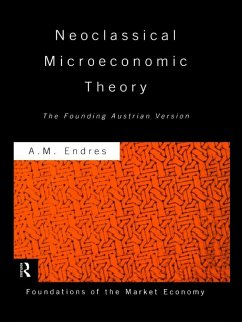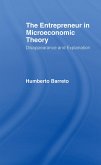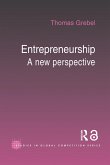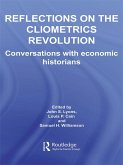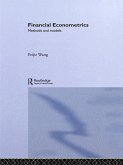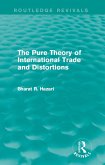Carl Menger, Friedrich Wieser and Eugen Bohm-Bawerk are acknowledged as pioneers in the development of neoclassical economics, as well as being recognized as the founders of the Austrian School of Economics. Neoclassical Microeconomic Theory examines their contribution and compares it with the other branches of neoclassical economics that emerged between the 1870's and 1930's. The author begins by exploring the initial stimulus provided by Carl Menger's work, and then demonstrates how the views of Menger, Weiser and Bohm-Bawerk complement one another and the tensions exhibited between them: the scope and method of economics; theories of choice; price theory; competition; entrepreneurship; and capital formation and distribution.
Dieser Download kann aus rechtlichen Gründen nur mit Rechnungsadresse in A, B, BG, CY, CZ, D, DK, EW, E, FIN, F, GR, HR, H, IRL, I, LT, L, LR, M, NL, PL, P, R, S, SLO, SK ausgeliefert werden.

